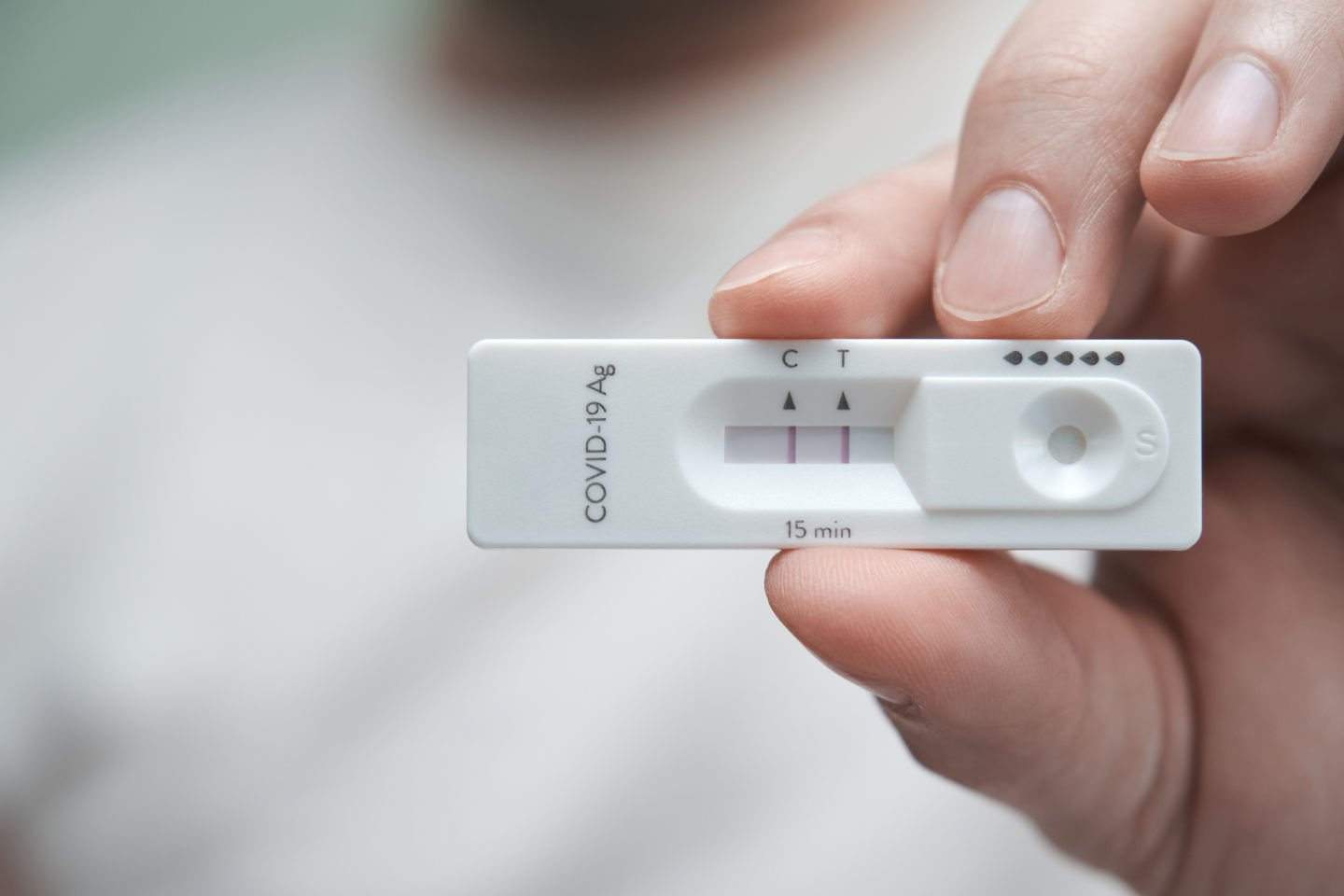COVID casts a long shadow
International Long COVID Awareness Day draws attention to the many people who caught COVID-19 three or more years ago and remain unwell.

The authorities have declared that the pandemic is over, but it’s very clear that COVID-19 is still around.
COVID, officially SARS-CoV-2, not only remains a clear and present danger, with new cases still being reported, but it also shows signs of lingering in people who were infected years ago.
The phenomenon known as long COVID has been recognised by medical professionals worldwide and is subject to ongoing research, but there is still much we don’t know.
The organisers of International COVID Awareness Day, to be held on 15 March, are encouraging people to “Confront Long COVID”.
Angela Laffin, founder of International Long COVID Awarenes said, “The reality today is there are millions of people still sick from SARS-CoV-2. The virus is still spreading, people are still developing long COVID, all while COVID-19 continues to kill large numbers of people.”
The condition was the subject of a May 2023 paper in medical journal, The Lancet, which noted that “more than a third of patients with COVID-19 develop symptoms that persist for more than three months after SARS-CoV-2 infection”.
That article referred to sequelae (conditions resulting from a previous illness) occurring in these patients, including pulmonary fibrosis and breathlessness.
The academic journal, Nature, noted earlier in 2023, “More than 200 symptoms have been identified with impacts on multiple organ systems. At least 65 million individuals worldwide are estimated to have long COVID, with cases increasing daily.”
A new study from Imperial College in London, published in February 2024 in the New England Journal of Medicine, examines links between COVID and cognitive decline.
The researchers said there were “small deficits in the performance of cognitive and memory tasks in people who had recovered from COVID-19 compared with those who had not had COVID-19”.
They said this would have little to no effect on most people – except those, such as surgeons or engineers, whose work demanded high levels of exactness.
The study indicated that the cognitive deficits were greater for those who had been infected with an earlier version of the virus, had spent time in hospital with COVID, or those suffering long COVID.
The Australian Department of Health advises that evidence about long COVID is “evolving”. It says people with long COVID have “unique experiences” and will have “differing disease management and support needs”.
The good news, according to Imperial College’s Professor Paul Elliott is that many people with long COVID can expect some cognitive improvement over time.
A National Seniors member, Janice, told us that she tested positive for COVID-19 while on a cruise in February 2023.
Janice, who contacted us after reading this article, said the ship’s doctor provided her with steroids, antivirals, antihistamines, and some throat medicine to gargle.
She was confined to her cabin for five days, with a daily call from a staff member to check on her condition. Janice said she reported chest pain over three of those days but was not offered further treatment.
Back on land in April, she had a heart attack. At that time, scarring was found on her heart. She was told this might indicate that she’d had a heart attack during her period of quarantine on the ship, as her heart had previously been in perfect condition.
“Despite taking all the drugs [prescribed at hospital] including one for heart failure, I suffered a third heart attack,” she said.
Janice said she now has only 50% heart function and has high ongoing costs for medicines that are not covered under Medicare or private health insurance.
“The cardiologist said that due to a lack of research he can only guess that I have long COVID that is attacking my heart,” she said.
“My mental health has suffered, and I feel physically weak and exhausted. COVID is not just a cough, cold, sore throat illness for some of us.”
The Department of Health and Ageing offers the following advice:
“If you are worried about ongoing symptoms after you’ve had COVID-19, you should speak to your health professional.
“There isn’t one single treatment or medication to treat long COVID. Your doctor will talk to you about the care and support you might need.
“If long COVID symptoms are having a big impact on your life, you may be referred to a specialist or rehabilitation service that can help manage your symptoms and help you recover.”
The department also advises people to have the appropriate vaccinations to reduce the prevalence of symptoms associated with long COVID.
Related reading: ICAD, Health Department, New Daily





